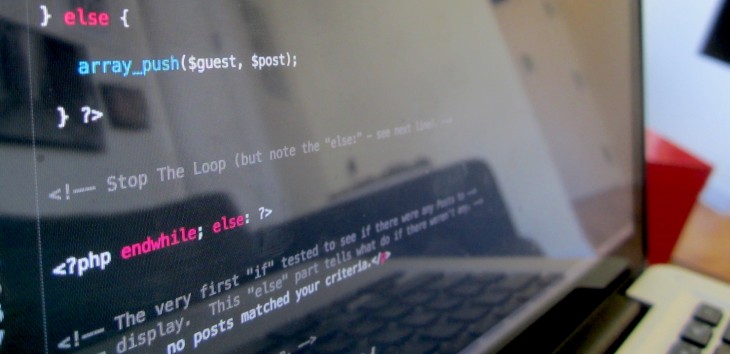[ad_1]

The PHP programming language underpins a great deal of the World wide web. It kinds the basis of common content administration techniques like WordPress and Drupal, as properly as additional advanced world wide web purposes, like Facebook (kinda). Consequently, it is a massive deal when scientists determine a stability vulnerability within just it.
A pair of days in the past, Emil ‘Neex’ Lerner, a Russia-centered security researcher, disclosed a remote-code execution vulnerability in PHP 7 – the most recent iteration of the hugely well-known website progress language.
With this vulnerability, which has the CVE-ID of 2019-11043, an attacker could drive a remote world-wide-web server to execute their very own arbitrary code only by accessing a crafted URL. The attacker only wants to add “?a=” to the website address, adopted by their payload.
As pointed out by Catalin Cimpanu in ZDNet, this attack significantly lowers the barrier to entry for hacking a web page, simplifying it to the place the place even a non-specialized consumer could abuse it.
Fortuitously, the vulnerability only impacts servers utilizing the NGINX internet server with the PHP-FPM extension. PHP-FPM is a souped-up model of FastCGI, with a handful of further characteristics made for high-traffic web-sites.
Although neither of those people parts are essential to use PHP 7, they stay stubbornly frequent, notably in commercial environments. Cimpanu details out that NextCloud, a substantial productivity software company, employs PHP7 with NGINX and PHP-FPM. It’s because launched a stability advisory to purchasers urging them to update warning them of the challenge and imploring them to update their PHP set up to the hottest version.
Web site proprietors who are not able to update their PHP put in can mitigate the trouble by location a rule within the typical PHP mod_safety firewall. Guidance on how to do this can be identified on the internet site of appsec startup Wallarm.
This vulnerability has all the hallmarks of a safety fantastic storm. Not only are numerous environments at chance, but it is also trivially very simple for an attacker to exploit the vulnerability. And when patches and workarounds now exist, as we have witnessed formerly, not everybody is significantly proactive with their protection. Two-and-a-half several years right after the perfectly-publicized Heartbleed OpenSSL bug was disclosed, above 200,000 servers remained vulnerable.
And there’s proof to suggest that hackers are currently exploiting this important PHP challenge. Threat intel agency BadPackets has already confirmed to ZDNet that lousy actors are previously employing this vulnerability to commandeer servers.
Matters are likely to get worse in advance of they get superior.
Unpleasant PHP7 distant code execution bug exploited in the wild
on ZDNet
